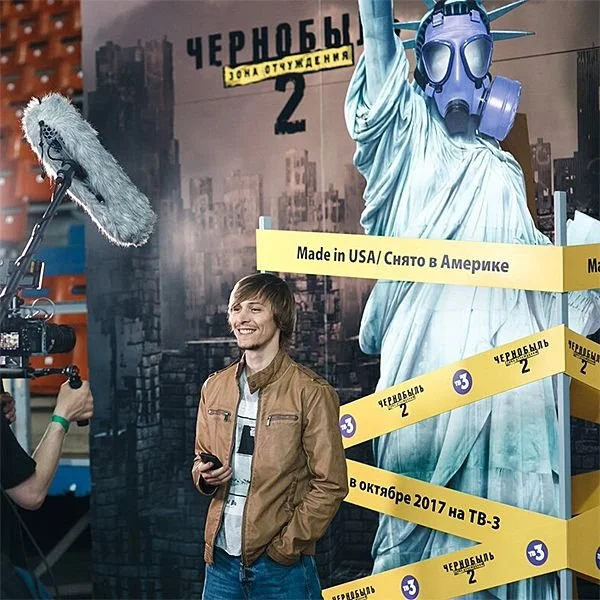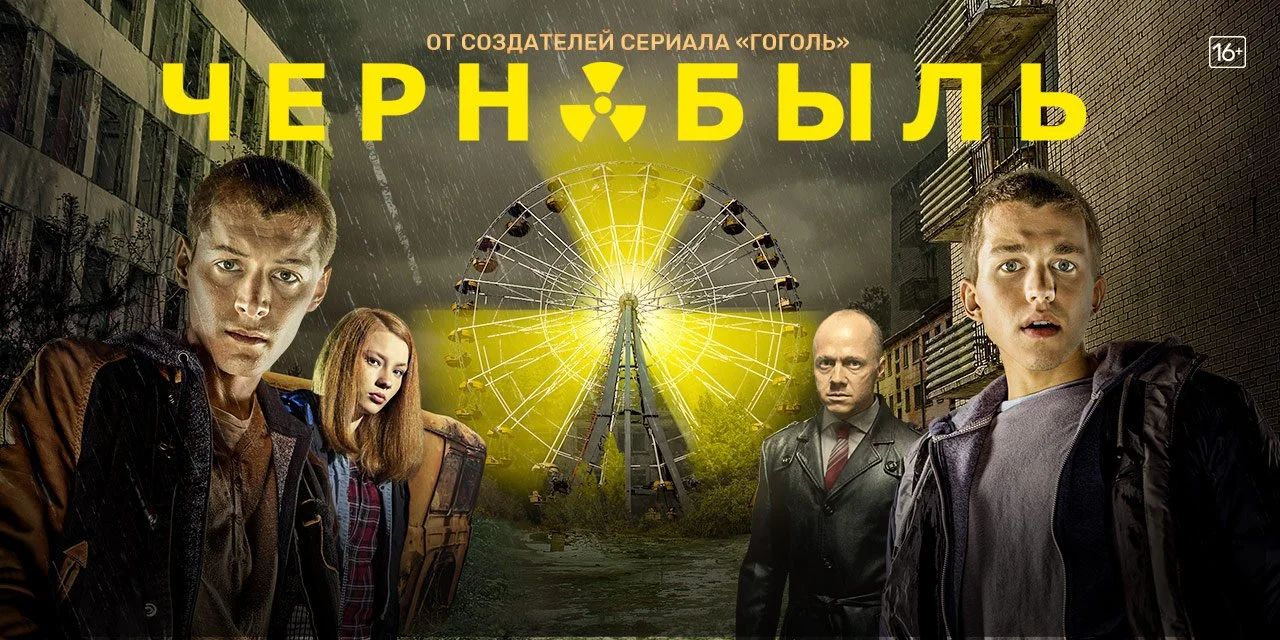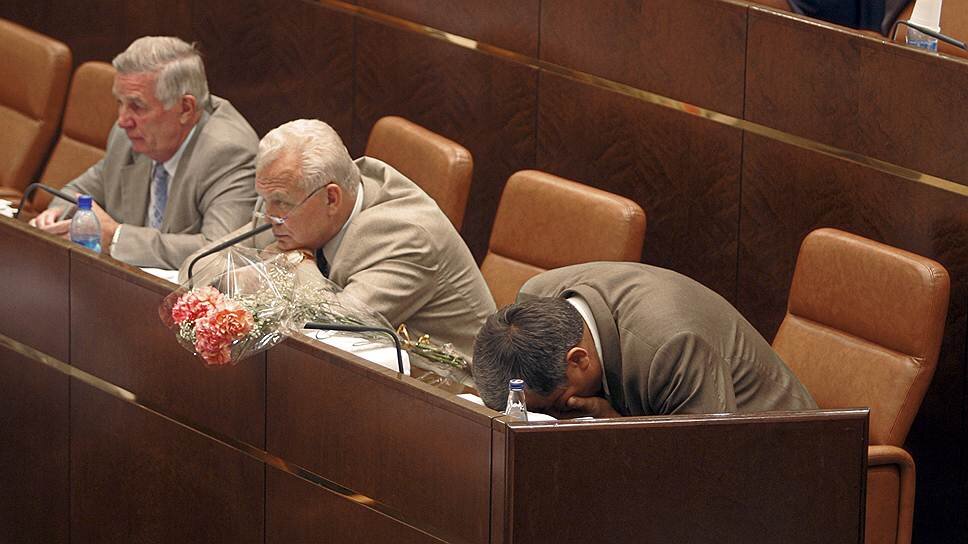
Unstuck in Time:
On the Post-Soviet Uncanny
About the Project
Unstuck in Time is the second volume the three-book series with he unofficial title Russia’s Alien Nations.
In this book, which I am serializing on the blog as I write it, I explore fictional and ideological reconfigurations of time in the aftermath of the Soviet collapse. Soviet nostalgia is a familiar part of the post-Soviet landscape, as is the tendency for contemporary Russian literary fiction to focus on the past rather than the present. Unstuck in Time argues that the way time is framed in contemporary Russian cultural productions is connected to a generalized dysphoria regrading the present day, which ends up feeling “off,” if not downright uncanny.
The first chapter is devoted to the immensely popular Russian science fictional subgenre of “popadantsy”—accidental travelers in time and space. In their trips to the past, they inevitably get caught up in important historical events (most often WWII), usually in the hope of achieving a better outcome.. What looks like simple nostalgia proves to be much more complicated; the accidental time traveller's relationship with both his home time period and the world in which he arrives is one of profound dysphoria. Both in the present and in the means by which he travels to the past, he exerts little agency over his own life. Only in the historical fantasyland that greets him does he get to play the hero.
The second chapter examines the construction of fictional alternate Soviet Unions that either exist in the present day (because the USSR never ended) or are recreated in the future. Subsequent chapters will be about fictional and real-life attempts to reconstruct the Soviet Union in our time (as theme park, overambitious film project, or literary experiment); the persistent representation of Russia’s future in decidedly medieval terms; and possibly the Russian postapocalpse and the themes of timelessness and amnesia.
Want to get an email telling you when a new installment has been posted?
Write to eb7@nyu.edu
An Officer of the Law
The Russian Empire, the Soviet Union, and the Russian Federation are all avatars of the hero of the country's history: the state
The Rise and Fall of Great Powers
The Southern states have recreated the Confederacy under the presidency of Chuck Norris
Back to the Radiant Future
It is not enough for the USSR to fail to collapse; it has expanded both in territory and hegemonic influence.
The China Syndrome
Chernobyl's twenty-first century Soviet Union looks a lot like...China.
Building Communism through Time Travel
Chernobyl: Exclusion Zone centers around a group of teenage characters who seem designed to remind older viewers why they hate teenagers.
Socialism in One Bedroom
After years of pretending to live in a never-ending Brezhnev Era, both heroines find themselves confused about basic questions of reality.
Goodbye, Brezhnev!, or, The Lenin Who Couldn't Die
To add insult to injury, a German work and a Russian work use the same conceit, but it is in Germany—Germany!—that the results are funny
Have a Nice Funeral
Ulitskaya bids farewell not just to an individual man or even a country, but to a relationship between the two
As I Lay Dying
The drama of the old system's passing would be embodied in the figure of the dying elder who lies in bed while the outside world moves forward at breakneck speed.
While You Were Sleeping
The people remaining in imaginary communism after its fall would be taking things lying down
Shrinking the Public Sphere
Extremism and sectarianism are on the verge of becoming synonyms
Extreme Soviet
The Citizens of the USSR аре demonized as both a secular extremist movement and a dangerous cult.
Paper Trails
Like Narcissus enchanted by his own reflection, the Citizens cannot risk looking away.



















